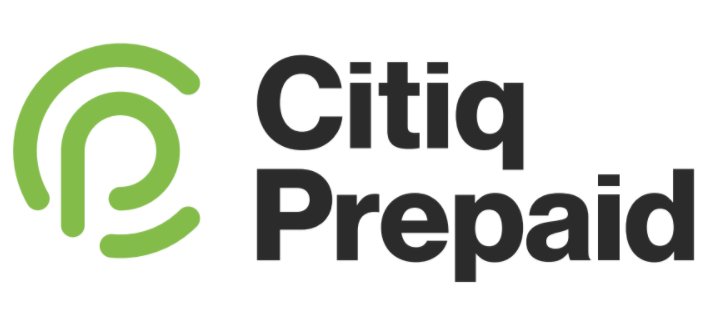Of late, property developers in South Africa have witnessed considerable growth in buyers looking for smarter, greener homes with prepaid utility management as one of their priorities.
This growth in prepaid utility management interest occurred when Eskom informed Parliament in September that rotational power outages were here to stay until at least March 2022. The announcement saw electricity consumers take an interest in how they could become less reliant on the national grid.
“At the heart of any new smart and less grid-dependent home is the ability to measure and manage utilities. By putting the occupant in charge of how they consume energy and water, developers are empowering them to make the changes needed for a better, greener future – while giving their development the edge in a competitive environment,” explains Michael Franze, MD of Citiq Prepaid.
Not just about being cool
There has been a growing move towards sustainability. This is seen in everything from how we shop to how we dispose of our waste.
Climate conversations highlighted by people like David Attenborough, Michael Moore and Greta Thunberg are now no longer the purview of science journals. For most people, embracing incremental lifestyle changes in order to save the planet are welcome. This trend has found its way into home-buying decisions, most especially amongst the younger generations.
But the move towards building green is not just about doing what is right. The South African Green Building Council says Green Star buildings enjoy energy savings of between 25% and 50% compared to older methods.
It also notes that the payback period of energy and water-saving practices have dropped, especially as costs of green building technologies are declining and utility costs continue to rise.
For investors, studies from the US and Australia, showing that property valuations on green buildings are around 11% to 12% higher makes for an attractive argument. Even rentals of green buildings are around 5% higher, making these dwellings much more attractive for the buy-to-rent investor.
In South Africa, the move towards grid-independence is rapidly gaining momentum, especially as some solar companies have pivoted to now offer financing packages for estates looking to offer independent power.
“While many banks are willing to offer finance to take homes off-grid with solar energy, the cost for individual homeowners can still be prohibitive. However, some local solar companies are now offering their own form of private power purchase agreements (PPAs), which mirror the way Eskom deals with independent power producers (IPPs), only for body corporates,” Franze explains.
Prepaid utility management is about empowerment
Smart prepaid meters are, as their name suggests, a significant move forward from the dumb terminals they have replaced. Like the old adage, ‘knowledge is power’, smart prepaid meters offer the potential to change the way users look at and consume energy and water, allowing them to be conscious of their usage patterns and change them.
Smart prepaid meters record accurate and detailed near real-time data and facilitate a two-way flow of information. This is a big drawcard for buyers who are looking to benefit from the advances in electronic design.
Smart meters can help facilitate smart appliances – many of which are capable of adjusting operations to changing information. This may involve turning off or operating in low or off-peak periods, or opting to use green energy when there is a high supply of it.
Even without smart appliances, the near real-time data means users can see exactly how their behaviour is affecting consumption. This heightened awareness has been shown to result in incremental changes that make a difference. Studies done in the UK show that bills are reduced by between five and nine per cent, which will be welcomed by consumers in tight economies, such as the one we are in.
According to Franze, initially, anyone who wanted smart appliances and eco-friendly designed homes would have to be among the wealthiest of homeowners. However, not only has the price of smart technology dropped, but green buildings have become the most sought after of new developments.
“Enabling this revolution is a smart prepaid meter that is now available off the shelf at a price point that makes it comparable to older meters. For developers who are looking to make their offerings as attractive as possible, ensuring homes are equipped to deal with utilities intelligently must start with the meter they choose,” Franze advises.

